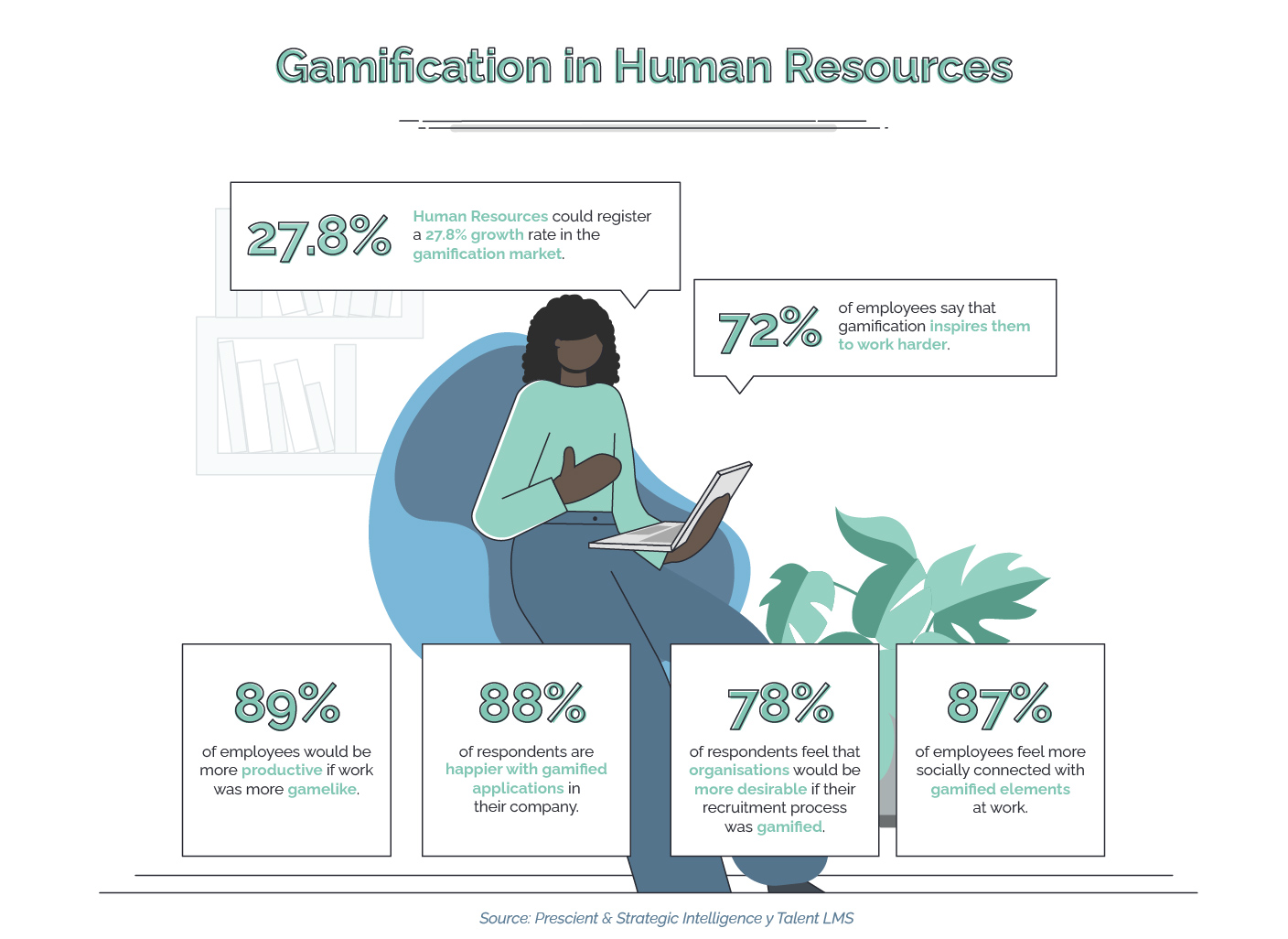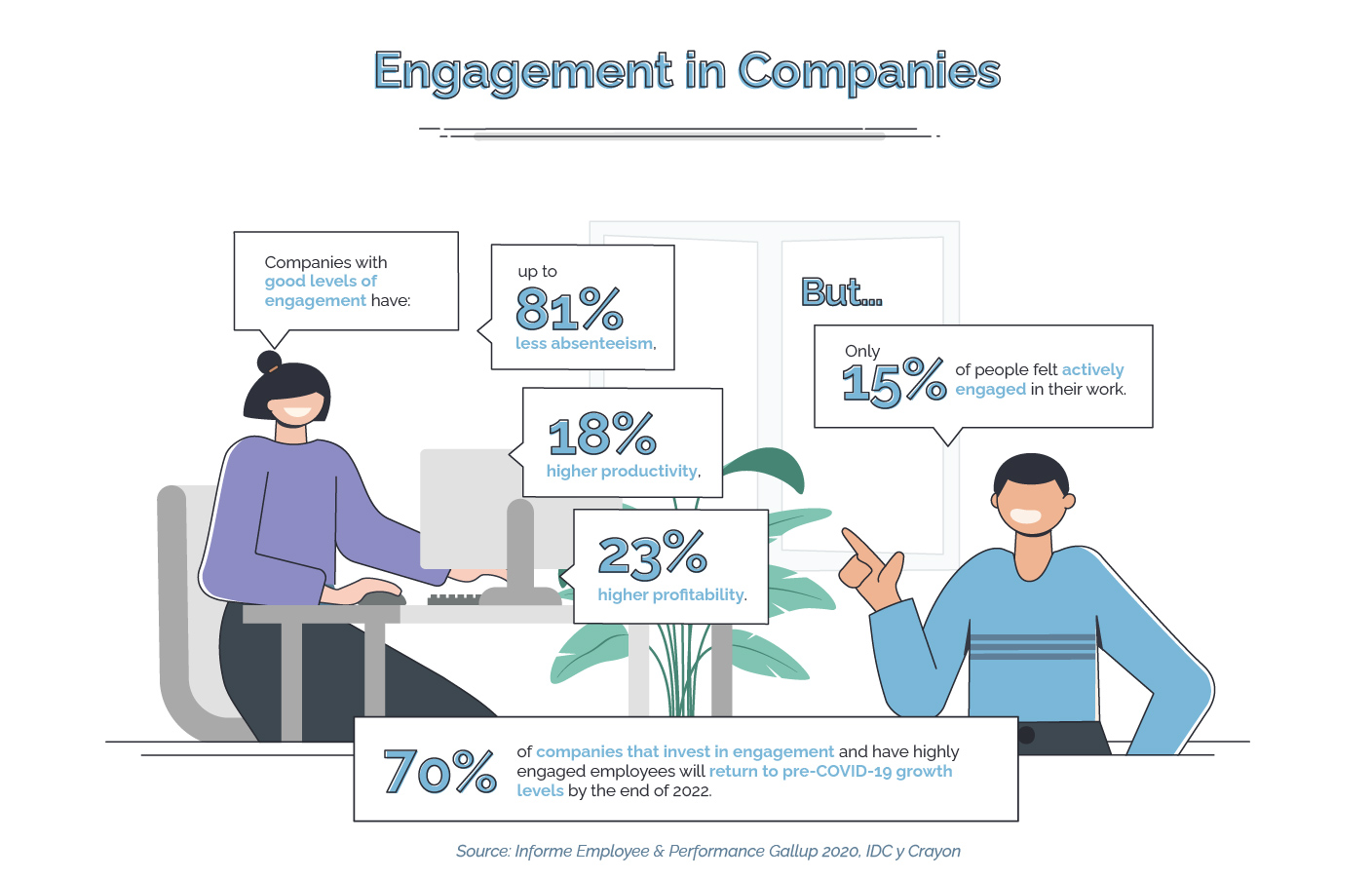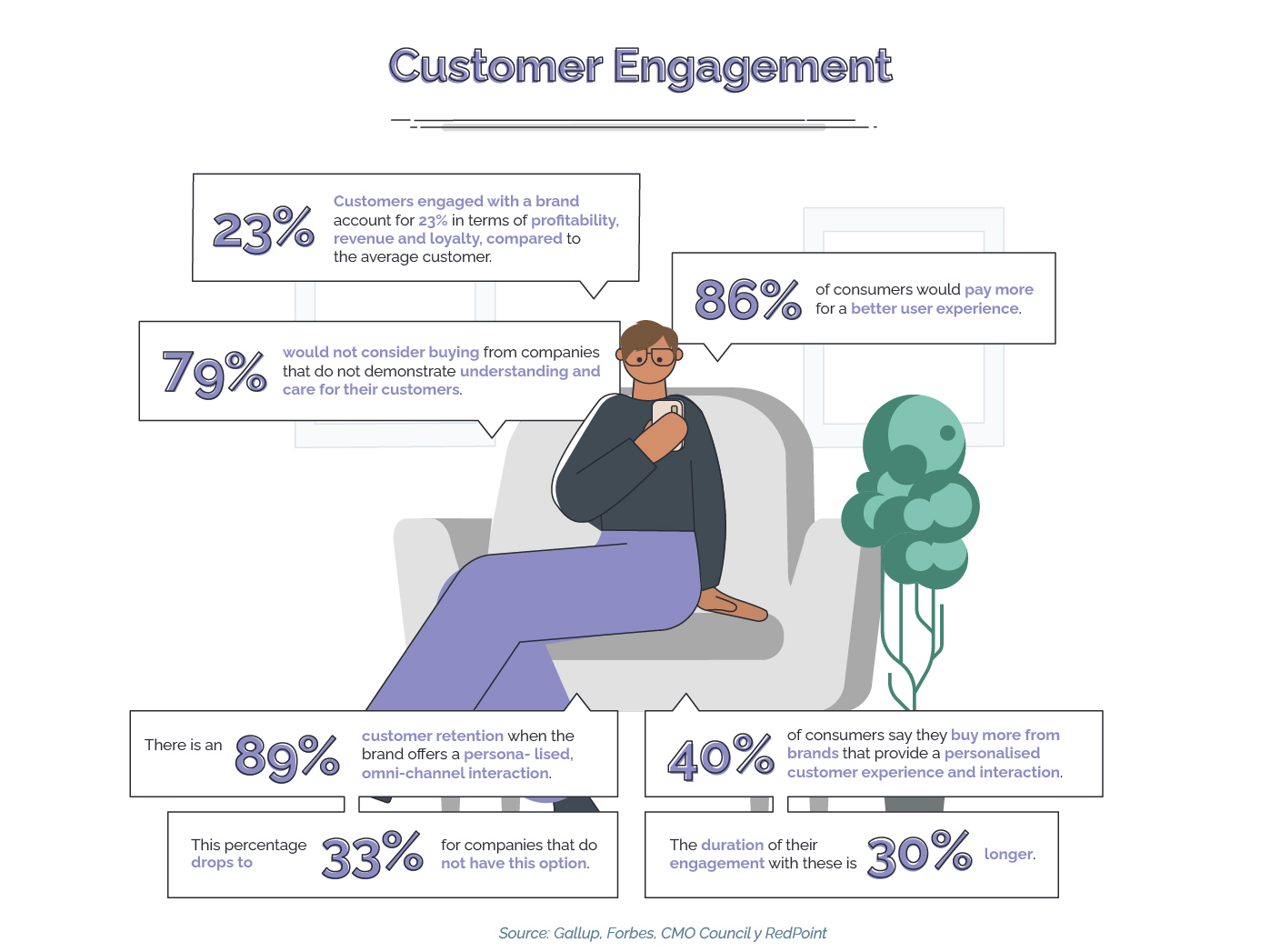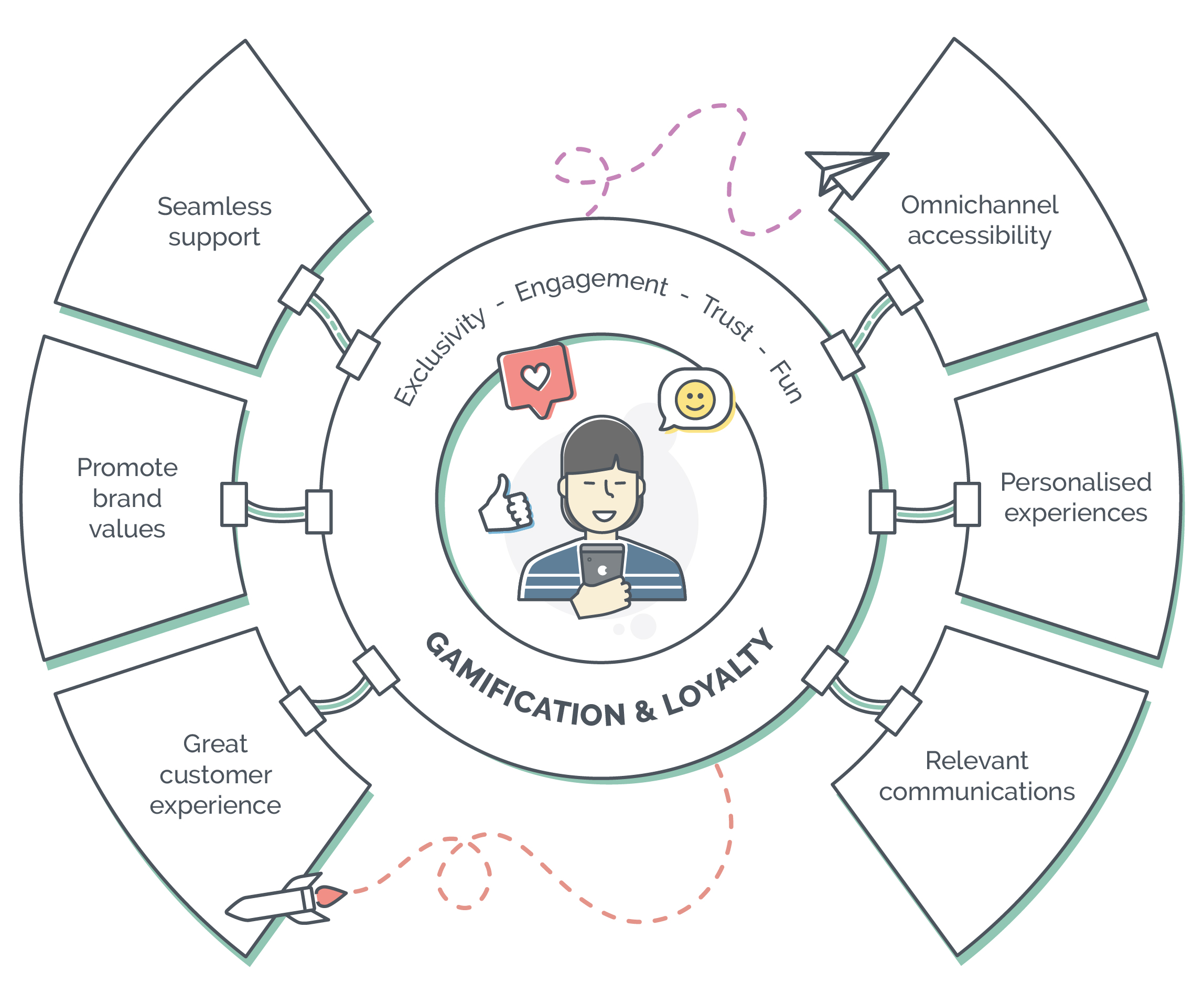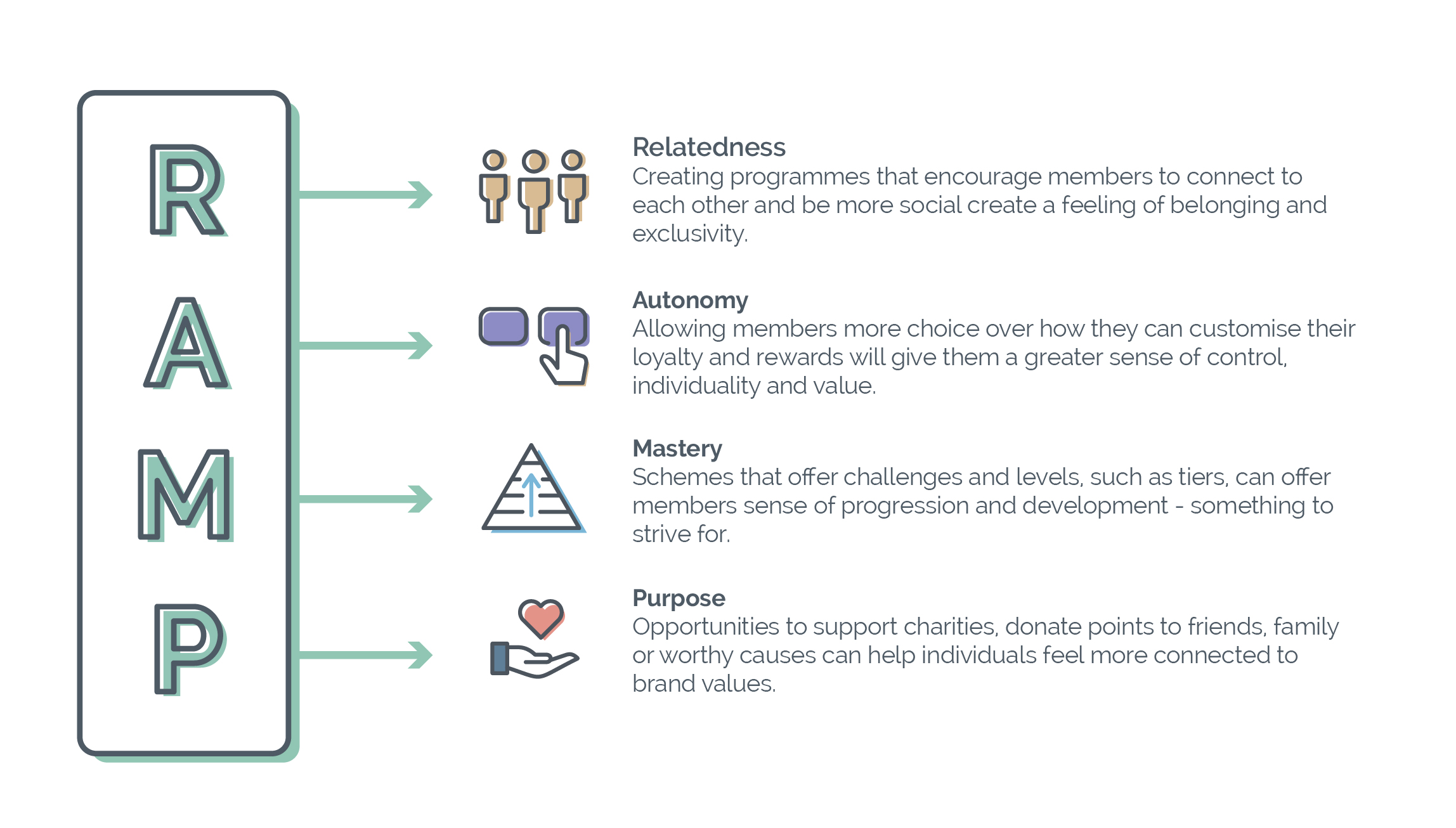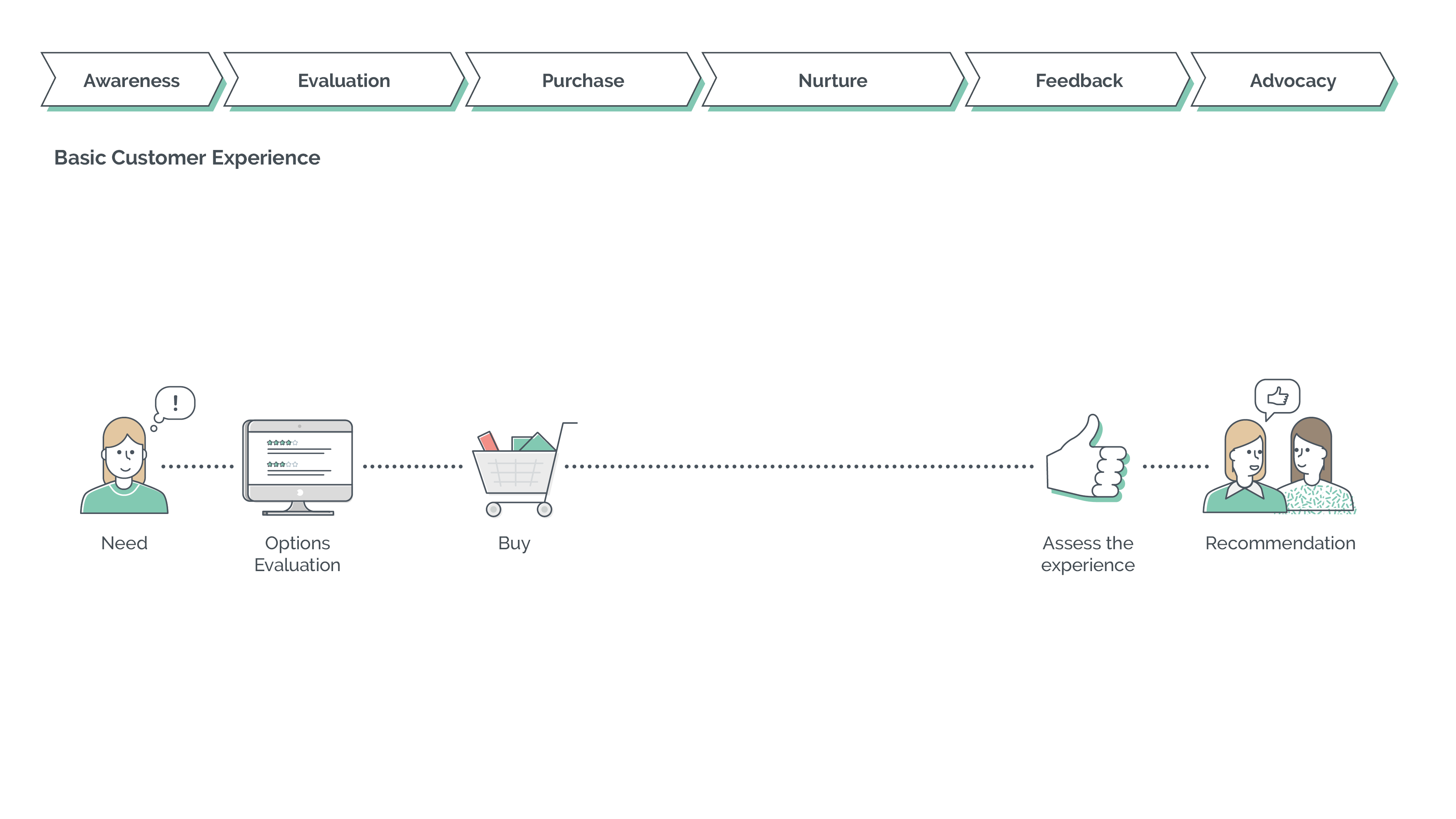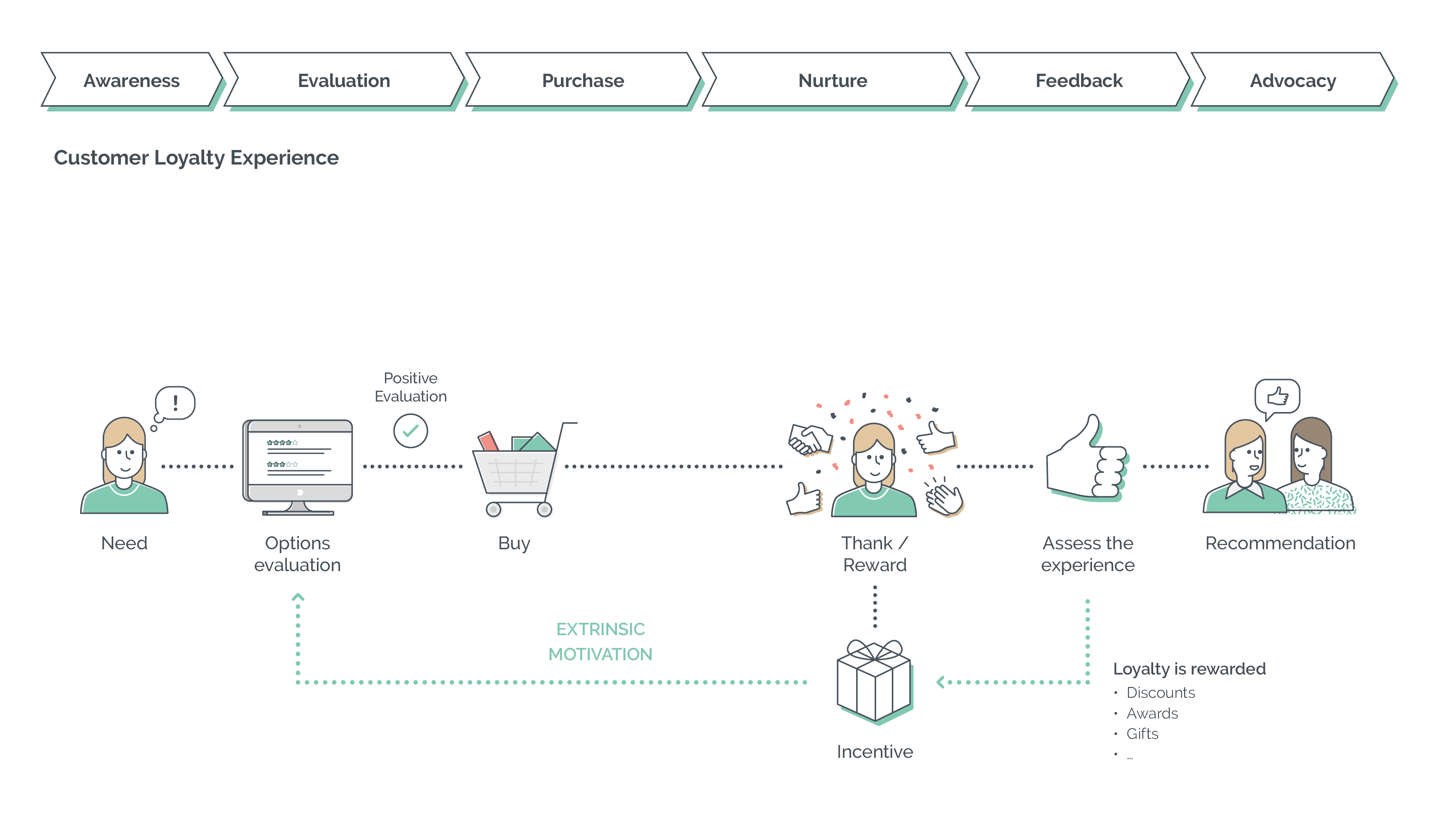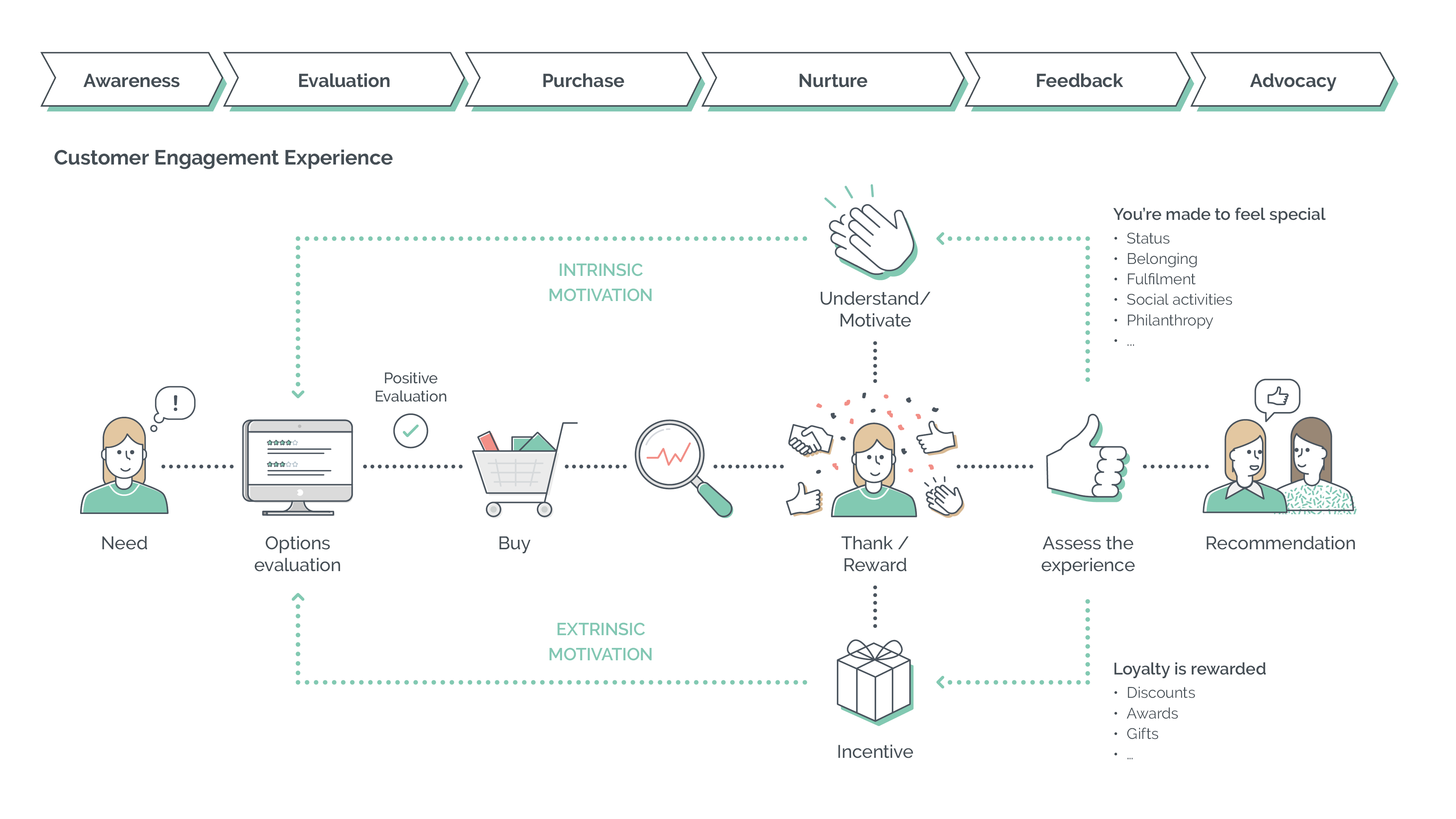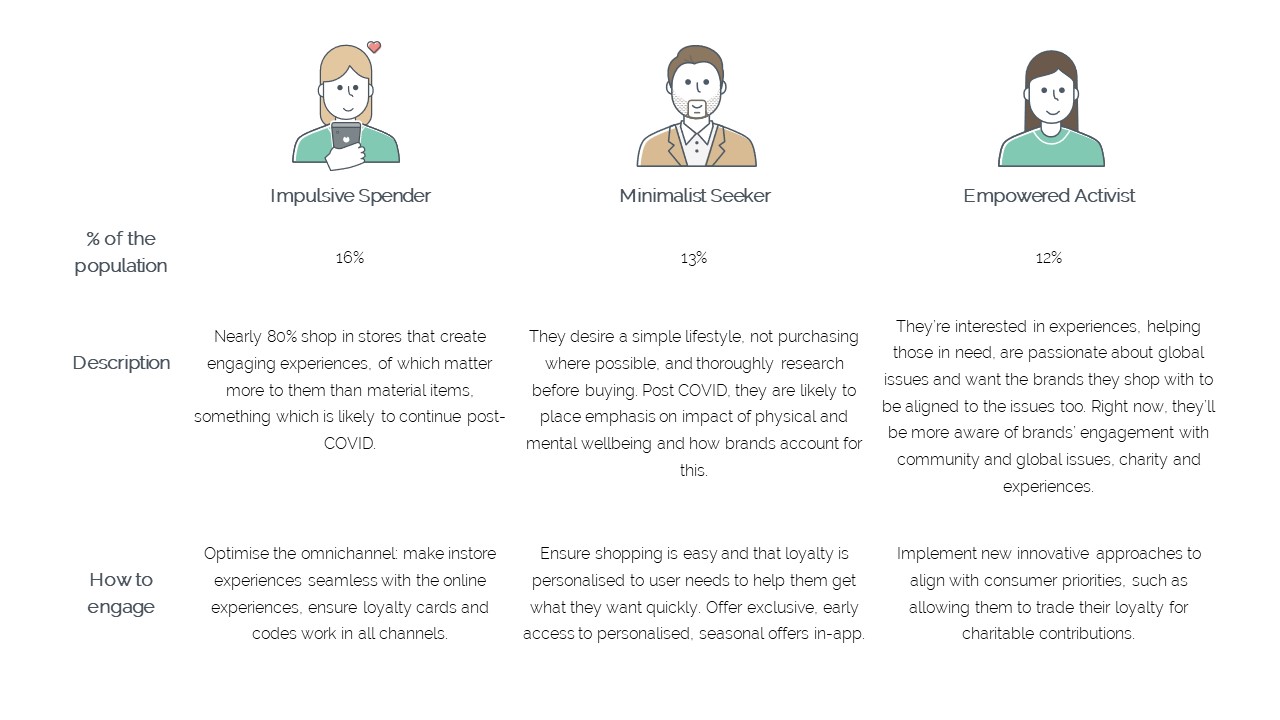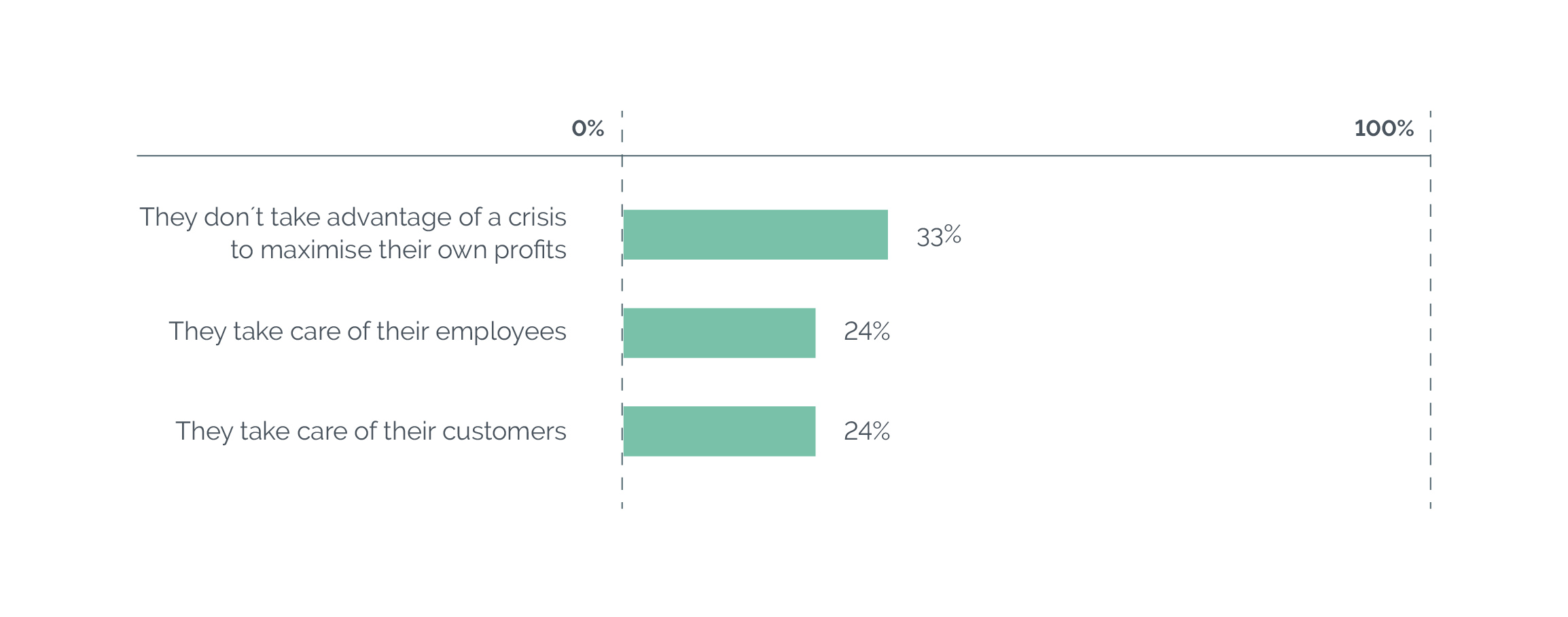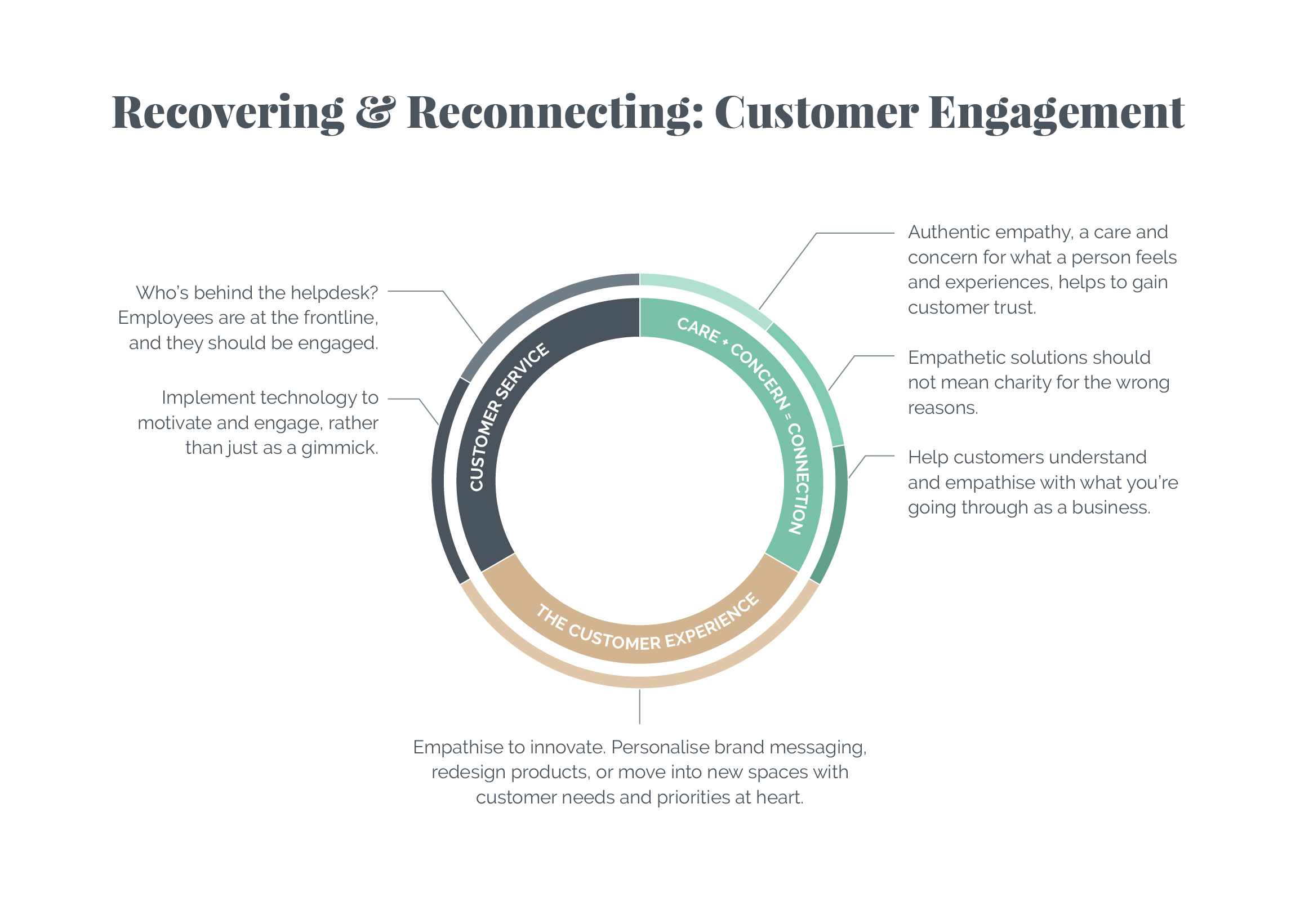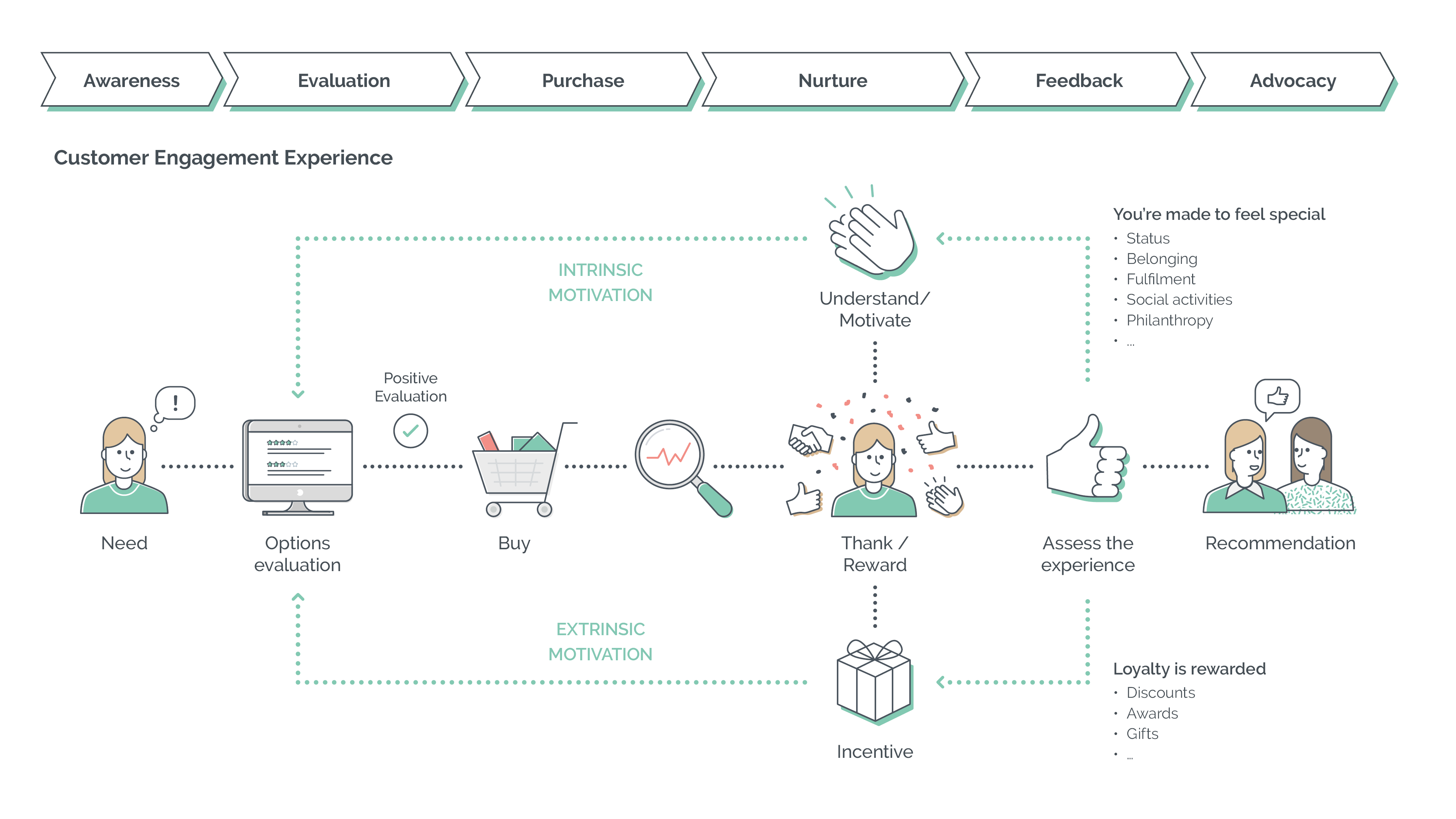Employee engagement isn’t just about creating a positive work culture, it’s about creating a deep emotional attachment between the employees and their work, their colleagues and their organisation. When employees genuinely care for the company mission, feel a sense of purpose in their role and are invested in the organisation’s success they provide better service, engage meaningfully with customers and contribute to a successful brand. Ultimately, this bond directly impacts customer satisfaction, loyalty and business success.
The Link Between Employee Engagement and Customer Satisfaction
A study by Harvard Business Review found that for every one-star improvement in a company’s Glassdoor score, there was a corresponding 1.3-point improvement in its customer satisfaction score. This clearly indicates that companies investing in the engagement of their employees will see a direct benefit in how customer perceive and interact with them.
When employees feel valued, they bring that positivity into their customer interactions. They are more likely to engage in friendly conversations, go the extra mile to help customers and resolve issues quickly. This exceptional service leaves customers satisfied and increases the likelihood that they will return or even recommend the company to their network.
The Cycle of Engagement: Employees, Customers and Growth
The more engaged and fulfilled employees are in their work, the more motivated they will be to perform at their best. Engaged employees don’t just complete tasks; they bring enthusiasm, creativity and problem-solving abilities that enhance customer experience. This cycle of engagement drives growth:
- Engaged Employees – Employees who are engaged are more productive, committed, creative and loyal.
- Better Customer Interactions – Engaged employees provide outstanding service, making customers feel valued and heard.
- Satisfied Customers – Positive interactions lead to higher customer satisfaction, increased trust and stronger brand loyalty.
- Business Growth – Satisfied customers return, refer others and contribute to higher profitability.
A Gallup report highlights that companies in the top quartile of employee engagement experience 23% higher profitability, 18% higher productivity and 10% increased customer ratings compared to those in the bottom quartile.
Engaged Employees as Brand Ambassadors
Beyond direct customer interactions, engaged employees also serve as brand ambassadors. They naturally embody the company’s values, promoting its products and services to their own networks. According to a Nielsen study, 84% of customers trust recommendations from friends, family, and colleagues. Engaged employees who are satisfied with their work environment are more likely to recommend their company’s offerings, contributing to positive word-of-mouth marketing and customer retention.
The Financial Impact of Employee Engagement
Investing in employee engagement isn’t just about morale – it delivers tangible financial benefits. A survey revealed that companies with happier employees earned 147% more per share than their competitors. Another Gallup study found that organisations in the top quartile of engagement have shown up to 4x greater earnings-per-share growth compared to their competitors. This demonstrates that companies prioritising employee satisfaction ultimately outperform those that don’t.
Creating a Culture of Engagement
To foster employee engagement and, in turn, drive customer satisfaction, businesses should focus on:
- Recognition and Rewards: Regularly acknowledge employees for their contributions and efforts.
- Career Development: Provide opportunities for learning, growth and advancement.
- Open Communication: Encourage transparency and feedback from employees.
- Purpose : Aligning work with meaningful organisational goals and values that resonate with employees.
As Simon Sinek said,
“Customers will never love a company until the employees love it first.”
Prioritising employee engagement creates a ripple effect that leads to greater customer satisfaction, brand loyalty and long-term business success.
Conclusion
The evidence is clear: businesses that invest in their employees see a direct, positive impact on customer engagement and financial performance. Engaged employees create loyal customers and loyal customers drive sustainable growth. By fostering a workplace culture that values and supports employees, companies can create a powerful cycle of success, one where everyone, from employees to customers to shareholders, benefits.
This article was developed in collaboration with Matt Charles, CEO & Founder of Paramount Sales.
References:
Brim, B. J., & Robison, J. (2019, May 2). How a focus on people’s strengths increases their work engagement. Gallup. Available at : www.gallup.com
Harter, J. (2019, August 14). The key to happy customers: Happy employees. Harvard Business Review. Available at: www.hbr.org
Harter, J. K. (2013, June 20). Employee engagement drives growth. Gallup. Available at: www.gallup.com
HR Future. (2023, January 18). The link between happy employees and happy customers. Available at : www.hrfuture.net
Nielsen. (2013, September). Under the influence: Consumer trust in advertising. Nielsen. Available at: www.nielsen.com
Did you find this interesting?
Learn how engaging your employees can transform your business. Access our detailed report with key data and strategies to empower your team in every step of their journey.
“Engaged Employees = Business Success. How to make the Employee Journey count”

